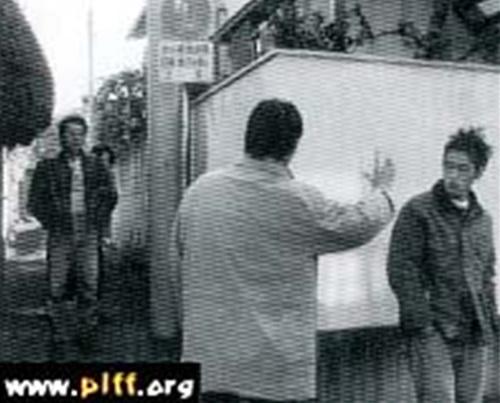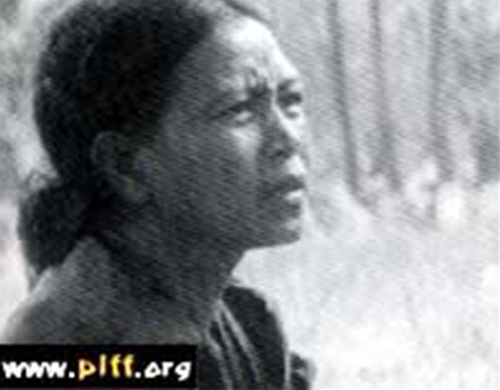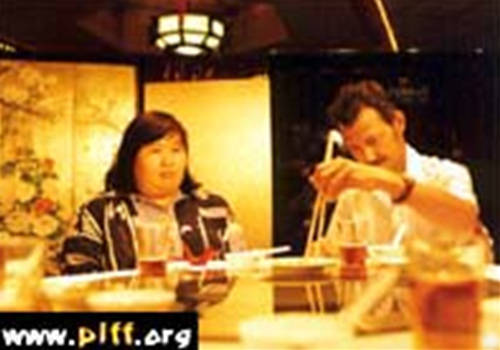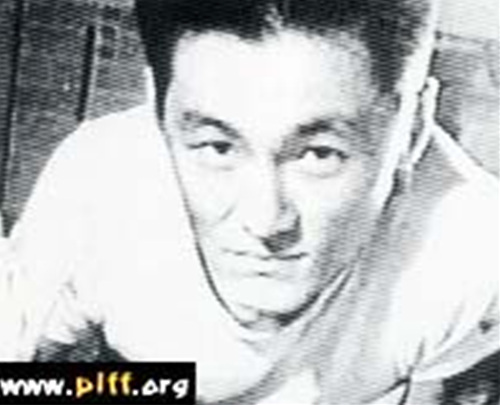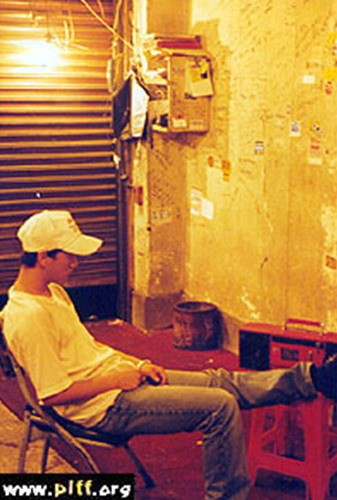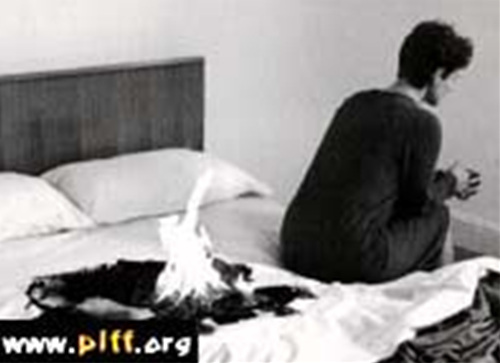영화 정보
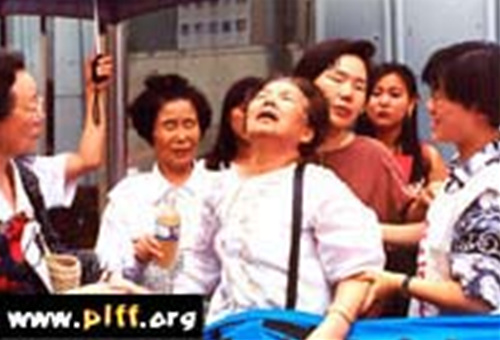
Habitual Sadness
Wide Angle
Aging · Women · War · Human Rights
- CountryKorea
- Production Year1997
- Running Time70min
- Format 35mm
- ColorCOLOR
Program Note
Conntinuing the saga of the women at the "House of Sharing," the film shifts location to Kwangju in Kyonggi Province. Sadness still prevails but life in the country provides these old women with a sense of composure. The director′s intentions to recreate the comfort women′s history of shame in modern korea ends with the reference to recent statistic of sex crimes committed against women. The film specifically strives to emphasize the history of violence against women. Instead of establishing itself as political commentary, however, the film juxtaposes the past and present by illustrating the tragedy and comedy, and the rage and sadness of the main characters. Many people tend to forget that people rally in front of the Japanese Embassy every Wednesday. The remnants of shame will never fade away. The film asks us never to forget, even as the witnesses slowly pass away, as in the case of Kang Suk-Kyoung. However, the film suggests that it′s possible to find reconciliation by sharing this history. The group′s drinking party with the film crew stands as a gesture of sharing the pain and the sadness.
Director


Byun Young-joo
Born in 1966. Byun Young-joo has had a long career as a documentary filmmaker, with A Woman Being in Asia(1993), The Murmuring(1995), and Habitual Sadness(1997). She chose the ‘passionate melodrama’, Ardor, as her feature film debut. She has observed and investigated female psychology in depth, and her female characters differ greatly from the passive female roles in other melodramas.
Photo

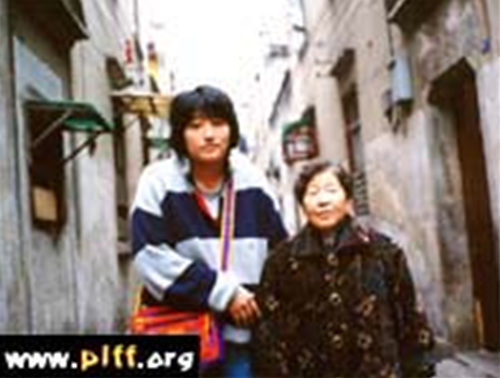
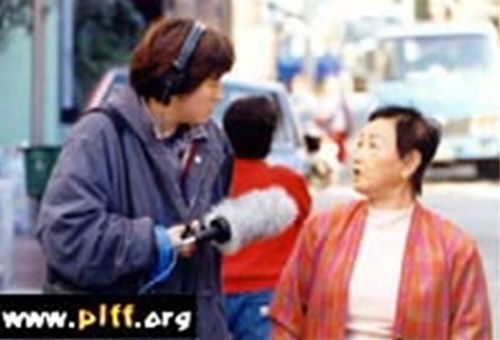
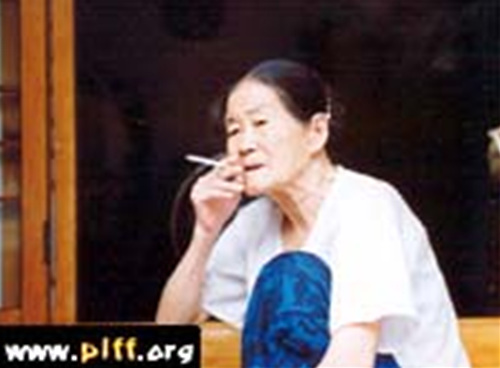



Credit
- Director Byun Young-joo 변영주
- Producer Byun Young-Joo
- Cinematography Kim Yong-Taek
- Editor Park Gok-Ji
- Sound Lee Young-Gil
- Music 영상음악제작소
- World Sales
Docu-Factory VISTA
4FI, Kogeum Bldg., 1535-9, Seocho-3-dong Seocho-g822u, Seoul, Korea 137-073





